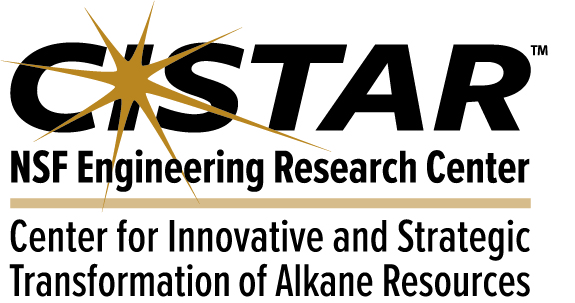Think about Building Better Mentoring Relationships
At a recent mentoring UNM conference, I was struck by how much the "themes" around mentoring have changed post-COVID to emphasize the importance of building relationships. Here are a few topics that helped me re-examine my mentoring style:
- How important kindness and inclusion are - especially for underrepresented students
- How asking questions can be a powerful way to connect with someone and build a mentoring relationship
- Pay attention to the early part of this attachment about getting started with the process
If you have anything that you've read or thought about that you'd like to see added here, please just email me at driscoll@purdue.edu!

The Asking Powerful Questions Pyramid™
After years of working with others to teach them the importance of real conversation, I experienced another pivotal moment in my life, one which propelled me to write this book. The catalyst moment happened during a ten-day silent retreat. I was reflecting on my life, my teaching, and suddenly connections between concepts clicked. I could see clearly how I would set about sharing this knowledge about powerful questions with a larger audience. The Asking Powerful Questions Pyramid appeared. Ever since that moment, I have been sharing these concepts with folks in many different professions, from CEOs of global corporations like Mead and GE to entrepreneurs at tech start-ups. My life has not been the same since.






